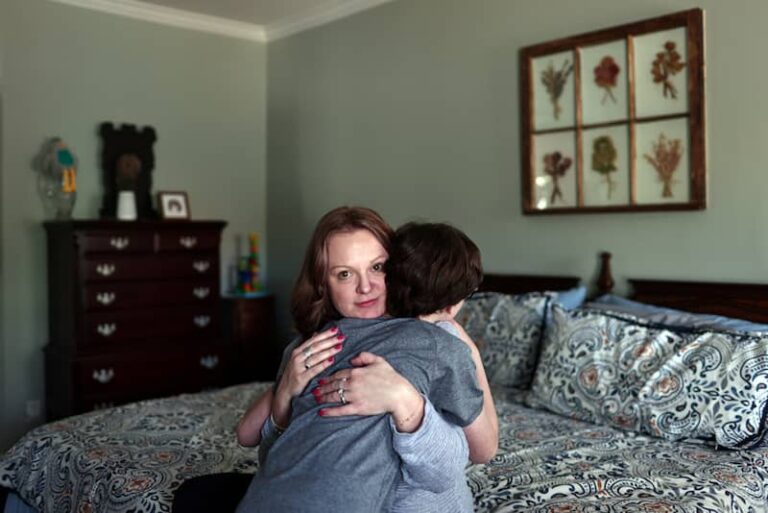Syria’s army has suspended combat operations in eastern Aleppo, Russia’s Foreign Minister Sergei Lavrov says.
The move is to allow the evacuation of civilians trapped in the battle zone. Lavrov said some 8000 people would be taken out.
Syrian government forces have retaken 75% of east Aleppo in recent weeks – areas rebels had controlled for four years.
The US welcomed the “indication that something positive could happen but we’re going to have to wait and see”.
“Our approach to the situation has been to listen carefully to what the Russians say, but scrutinise their actions,” said White House spokesman Josh Earnest.
At a meeting of European foreign ministers in Germany, Lavrov said: “I can tell you that today, combat operations by the Syrian army have been halted in eastern Aleppo because there is a large operation under way to evacuate civilians.”
He also said Russian and US military experts would meet in Geneva at the weekend to discuss ways of bringing an end to the violence in Aleppo.
Earlier, a local council leader in Aleppo warned that “150,000 people are condemned to death” in the city.
Brita Haji Hassan, during a visit to UN officials in Geneva, said 800 people had been killed and up to 3500 injured in the city in the past four weeks.
“We demand a safe passage for civilians to leave and an end to the killing, bombing and bloodbath,” he said.
Yesterday, 148 mostly disabled and elderly civilians were evacuated from a former old people’s home in the Old City, hours after the area fell to government forces.
They were rescued in a joint operation by the Syrian Arab Red Crescent and the International Committee of the Red Cross.
Many had injuries or conditions which left them unable to move, and had been trapped in the home for days.
Eleven others died before they could be reached, either caught in the crossfire or because of a shortage of medicine, officials said.
Jan Egeland, chairman of the UN’s humanitarian task force for Syria, praised the relief operation as “heroic” but said evacuations should not “happen like that”. He called for the establishment of humanitarian corridors.
He told reporters in Geneva that he believed Russia and the US – which back opposing sides in the civil war – were still poles apart on agreeing terms.
Aleppo was once Syria’s largest city and its commercial and industrial hub before the uprising against President Bashar al-Assad began in 2011.
It has been divided in roughly two since mid-2012. But in the past year, Syrian troops have broken the deadlock with the help of Iranian-backed militias and Russian air strikes, reinstating a siege in early September.
Independent observers fear what will happen as Assad’s forces take over Aleppo, citing credible reports of torture and execution of supporters of the dictator’s opponents. Most at risk are the White Helmets, a group which helps civilians in the aftermath of air strikes and battles.
It maintains it is purely a relief organisation. It has UN backing and is funded by nations including the UK. However Assad’s allies claim it is a western propaganda tool. The White Helmets have pleaded for urgent help from the UN and Red Cross.
Few expect that the imminent fall of Aleppo to government forces will bring about an end to the civil war. Assad’s loyalists control less than one-third of the country. The complicated web of political and financial alliances that has shored up his dictatorship, as well as the competing interests of the world’s major powers, mean that the suffering will continue for the everyday Syrian.







